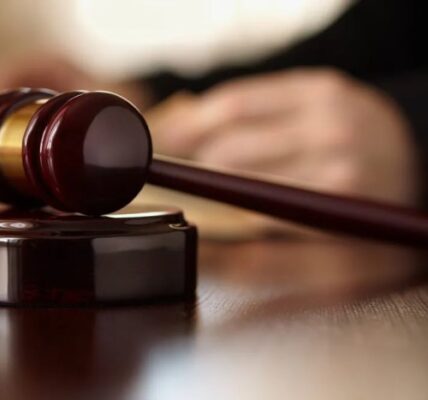In the world of beauty, the term “clean” has become increasingly popular, with consumers seeking products that are free from harsh chemicals and potentially harmful ingredients. Sephora, a leading beauty retailer, introduced its “Clean at Sephora” program in 2018 to cater to this growing demand. However, the program has recently come under fire, with a class action lawsuit alleging that Sephora’s “clean” label is misleading and deceptive.
The Allegations
The lawsuit, filed in November 2022, claims that Sephora’s “Clean at Sephora” program includes products that contain ingredients that are inconsistent with the program’s standards. The plaintiff, Lindsey Finster, alleges that she purchased several products labeled as “clean” but later discovered that they contained ingredients she would not have purchased if she had known about their presence.
The Impact on Consumers
If the allegations are proven true, this lawsuit could have a significant impact on Sephora’s reputation and consumer trust. Consumers who are seeking clean beauty products may be hesitant to purchase from Sephora if they believe that the company’s labeling is misleading. Additionally, the lawsuit could lead to changes in the way Sephora labels its products and communicates its “clean” standards.
Sephora’s Response
Sephora has denied the allegations in the lawsuit and maintains that its “Clean at Sephora” program is based on rigorous scientific standards. The company has also stated that it is committed to transparency and providing consumers with accurate information about its products.
The Future of Clean Beauty
The Sephora lawsuit highlights the challenges of defining and regulating clean beauty. While consumers are increasingly interested in clean products, there is no single, universally accepted definition of what constitutes “clean.” This lack of clarity can lead to confusion and potential misleading labeling practices.
Conclusion
The outcome of the Sephora lawsuit remains to be seen. However, the case raises important questions about the transparency and integrity of clean beauty claims in the cosmetics industry. As consumers continue to seek out clean beauty products, it is essential for retailers to be clear and transparent about their product formulations and to adhere to industry standards.
FAQs
What is the “Clean at Sephora” program?
The “Clean at Sephora” program is a labeling initiative designed to identify beauty products that meet Sephora’s standards for clean ingredients. These standards are based on a scientific review of ingredients and exclude certain substances that are known or suspected to be harmful to human health or the environment.
What are the allegations in the Sephora lawsuit?
The lawsuit alleges that Sephora’s “Clean at Sephora” program includes products that contain ingredients that are inconsistent with the program’s standards. The plaintiff claims that she purchased several products labeled as “clean” but later discovered that they contained ingredients she would not have purchased if she had known about their presence.
What is the potential impact of the lawsuit?
If the allegations are proven true, the lawsuit could have a significant impact on Sephora’s reputation and consumer trust. Consumers who are seeking clean beauty products may be hesitant to purchase from Sephora if they believe that the company’s labeling is misleading. Additionally, the lawsuit could lead to changes in the way Sephora labels its products and communicates its “clean” standards.
How has Sephora responded to the lawsuit?
Sephora has denied the allegations in the lawsuit and maintains that its “Clean at Sephora” program is based on rigorous scientific standards. The company has also stated that it is committed to transparency and providing consumers with accurate information about its products.
What is the future of clean beauty?
The Sephora lawsuit highlights the challenges of defining and regulating clean beauty. While consumers are increasingly interested in clean products, there is no single, universally accepted definition of what constitutes “clean.” This lack of clarity can lead to confusion and potential misleading labeling practices.
What should consumers do if they are concerned about clean beauty products?
Consumers should be critical of any claims about clean beauty products and should research the ingredients before making a purchase. They should also look for products that are certified by third-party organizations that have established standards for clean beauty.




